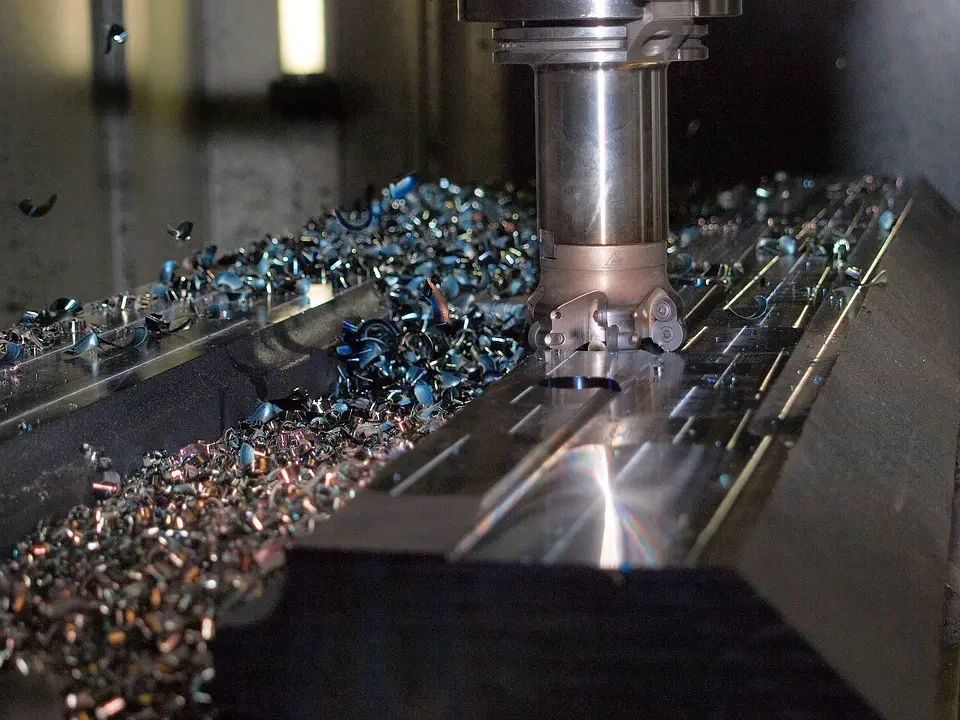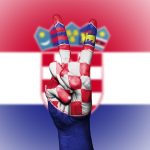As Poslovni Dnevnik/Darko Bicak writes, the Zagreb metallurgical-technological company Laser Inženjering (Engineering), which primarily deals with laser metal cutting, is currently in the process of transforming its business model and integrating 4.0 technology, which should enable them to become the leading regional innovative service centre for metal cutting and machining by 2025.
As Andjelko Kascel, the owner and director of this Zagreb company explained, as the company is branded, their goal is to form the first service centre with all the cutting technologies that are known and used across the rest of the world.
“As the demand for other metal cutting technologies grew, we also trained in stages for pipe cutting, water jet cutting, plasma cutting and autogenous cutting. In addition to specialising in providing metal cutting services, we’ve introduced complementary technologies and processing services such as metal bending, welding, the fabrication of metal structures and assemblies and metal protection, to provide our customers with a more complete service and a more competitive price,” explained Kascel, whose company is celebrating seven years of doing business.
He added that despite strong competition, both from Croatian and foreign companies, and an unfavourable economic environment and difficulties in finding suitable employee profiles, they’ve maintained a leading market share in the provision of metal cutting services here in the Republic of Croatia. According to him, this is now the impetus for this Zagreb company to realise their leading position in other processing technologies and to position themselves more strongly in the European Union.
“We’re orienting our business to the EU’s western market, which sets higher business standards and separates us from the competition. Although the coronavirus pandemic has alleviated this issue a bit, the lack of skilled labour is still a big problem for enterprises, and it remains so for us, as we currently have 43 workers. This challenge is a reflection of the continued disregard for strategic priorities at the state, economy and education levels. Failure to deal with all this has accelerated the emigration of able-bodied people to better and safer employment positions abroad. The solution lies in structural reforms that will enable stable economic growth that will affect the demand for quality labour and economic migrants will begin to return to Croatia,” said Kascel, adding that this problem is forcing them to take new steps.
“When investing in new technology without an adequate skilled workforce, productivity isn’t expected and the results are only a little better than the previous ones. That said, if we have large investments and an initial higher cost, then we have the effect of compensatory feedback. That’s why we have a strategic plan to establish an education centre and train our own staff,” this Zagreb company director explained.
Kascel owned a business in Austria for many years, and then he decided to try his hand in Croatia as well. He recalls that in starting a business here, challenges arose that aren’t standard in the west.
“This refers to bureaucratic hurdles and the perception of the majority of the public that an entrepreneur starts a business because he has the protection of local policy, bankers, inspections… But my key challenges involved providing adequate start-up capital for space, machinery and equipment, selecting and recruiting experienced staff from the metal industry, allocating raw material suppliers and gaining our first customers. There’s also the constant management of risks and changes,” explained Andjelko Kascel.
He is particularly bothered by the perception in the west that we’re a country of “bricks, concrete and tourism”, which affects the attitude that foreign partners and financiers have towards entrepreneurs and investments in the Republic of Croatia.
“It’s very difficult to fight for the position of a serious supplier or partner, so we’re left to ourselves. We know that the banks are foreign-owned, and any financing in production is difficult. Although we have the support of EU funds, so people’s perceptions of us have improved a bit, but it’s still difficult to secure favourable capital for production,” concluded Kascel.
For more, follow our business section.










